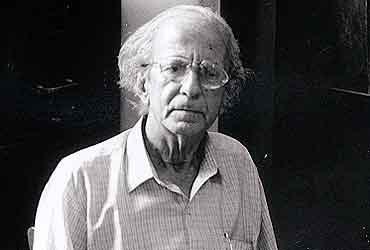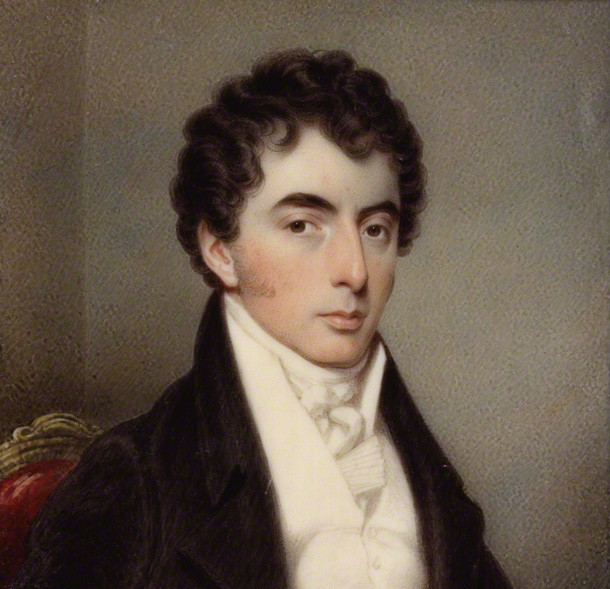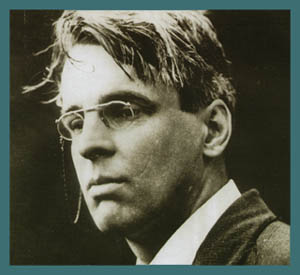This poem summary focuses on the poem ‘West London’ by the Victorian poet Matthew Arnold. Arnold’s poetry is often a penetrating social commentary on contemporary British society. ‘West London’ is one such poem. It is the companion piece to ‘West London’, though their themes do vary from each other. Go through West London by Matthew Arnold Summary here.
West London by Matthew Arnold Summary
‘West London’ is written in the form of a sonnet. Therefore, the poem consists of fourteen lines in all. While there are no stanza divisions among these fourteen lines, the poem can be divided into two major units because of variations in its content between the first unit and the second unit. In this case, the first unit can be taken to consist of the first eight lines of the poem, and the second unit can be considered to consist of its subsequent six lines.
In the first unit of ‘West London’, an unnamed narrator speaks. This unnamed narrator can be equated with Arnold himself. Thus, in the first four lines of the poem, we find Arnold describing a family of beggars in Belgrave Square. The mother crouches on the street, Crouching is an action that one does when one wishes to occupy a very small amount of space.
It is as if the mother is aware that she does not own anything herself, and therefore, she must occupy as little space as she can because she doesn’t deserve to occupy any space at all. She is also “ill, moody, and tongue-tied.” Neither her body, nor her mind, is in a good shape, and this is all a result of her poverty. She has two children. The younger one, probably still nursing, can be seen to be held by the mother in her arms. This is a protective gesture. As opposed to this, the older child, a girl, is given more freedom. She merely walks next to her mother. The entire family is dressed in torn bits of clothing, and they do not even have any footwear on their feet. In the next four lines, Arnold describes what it is that the family is roaming about in Belgrave Square for.
Opposite to the pavement on which they are walking, a group of working men are passing by, for they must have a project that they are working on in that area. The mother lightly touches her older daughter as a signal, and the daughter correctly interprets this to mean that she must now beg from the working class men. She then hurries across the road, approaches the men, does her job, and returns to her mother with the alms she has gathered. However, when the beggar family sees rich folks passing by, the daughter does not expect any money from them, and therefore she doesn’t ask for money either. Instead she stares at them with no emotion on her face whatsoever, in a cold and distant manner.
In the second unit of the poem, Arnold addresses his readers directly. In a sense, this unit seems to be conveying the moral of the tale that has been told by Arnold in the first unit. Arnold thinks aloud, saying that a certain “spirit” lords over the daughter. This ‘spirit’ is both the spirit of the age, by virtue of which the gap between the rich and the poor is always widening, as well as a higher wisdom in the young girl that makes her deeply aware of these inequalities and therefore guides her about whom she can beg for money from. She will not ask for money from the rich who appear to be aliens to her for they will never experience the same plight as the poor (exemplified by this particular family) do. Instead, she will only beg for alms from “friends”.
For Arnold, a friend is someone who understands you. Hence, the girl will only beg from the working classes who share the same fate as her mother, her sibling, and she do. Arnold also says that this fate – the fate of the poor – is common enough. The young girl expects help and succour from the “unknown little”, not the “unknowing great”. By “unknown little”, Arnold here means those who live in abject property, and have never had any experience of the privileges that the rich take for granted.
By “unknowing great”, Arnold means the rich who are in total ignorance that there are people who subsist only on frugal means such as the family that he describes in this poem. Arnold ends the poem saying that the daughter in fact reminds onlookers of a better time, in which the rich and poor were not so utterly alienated from each other but lived in mutual empathy. Read more: West London by Matthew Arnold Analysis
Keywords: West London by matthew arnold summary, summary of West London by matthew arnold, West London by matthew arnold meaning, West London by matthew arnold explanation, West London by matthew arnold summary line by line
Some online learning platforms provide certifications, while others are designed to simply grow your skills in your personal and professional life. Including Masterclass and Coursera, here are our recommendations for the best online learning platforms you can sign up for today.
The 7 Best Online Learning Platforms of 2022
- Best Overall: Coursera
- Best for Niche Topics: Udemy
- Best for Creative Fields: Skillshare
- Best for Celebrity Lessons: MasterClass
- Best for STEM: EdX
- Best for Career Building: Udacity
- Best for Data Learning: Pluralsight















